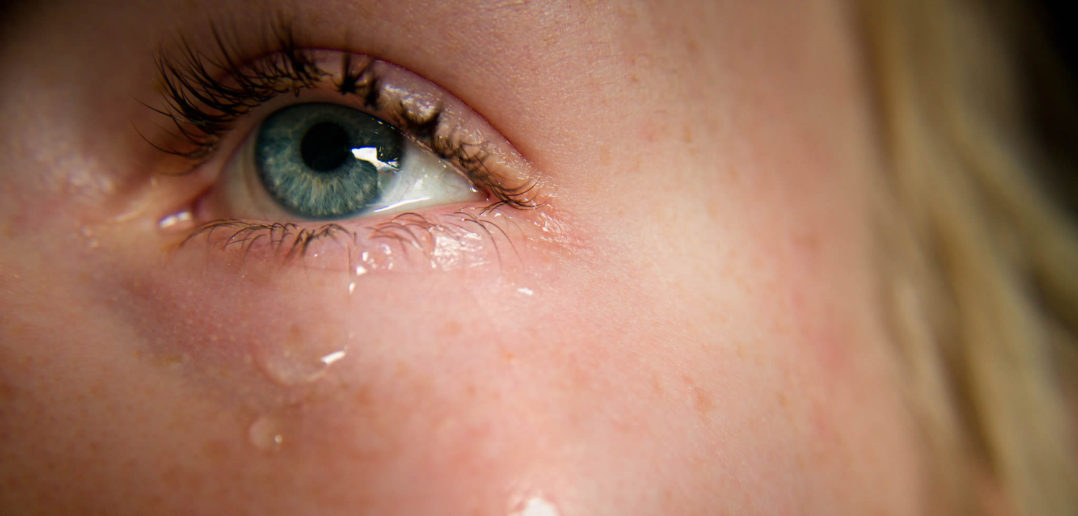The NSPCC’s report How safe are our children?, published in 2015, revealed a dramatic increase in the number of recorded incidents of child abuse. Reports of sexual offences were the highest they’ve been in the past decade, with police recording 36,429 cases in the year leading up to April 2014. The majority of these were said to involve children under the age of 16.
The report also indicates that figures for child neglect have increased alarmingly, with 10,000 more cases reported in 2014-15 than in 2009-10.
Greater awareness
In one sense, this is a sign that more of these incidents are being reported. More children are finding the courage and support to come forward. Meanwhile, other individuals are becoming more aware of the signs of child abuse, and the importance of taking action. Even so, for every child given protection, it is thought that another eight are suffering unreported abuse.
The NSPCC believes that the abuse of many deaf and disabled children is overlooked due to their disability. Children with limited capacity for communication can find people assume their distress is associated with their impairment, rather than anything else.
A link to poverty
It is believed that several factors contribute to the prevalence of child abuse in the UK, but poverty is said to be a leading cause, although the reasons for this vary.
In some cases, a child is left alone for extended periods because their parents are working and cannot afford a childminder. Others may suffer angry outbursts from parents who crack under the pressure of work or relationship issues. In some cases, it is simply the result of a lack of education received by the parents.
Further cutbacks to financial support for struggling families only exacerbate these issues, as does terminating the funding for organisations such as WithScotland – an agency established in 2005 to offer child protection expertise north of the border, only for the Scottish government to recently discontinue its services.
Mandatory reporting?
Campaigners have called for a change in legislation to make the reporting of child abuse mandatory by law. However, there is some debate as to whether this should be enforced only for closed institutions, or as a blanket reform. In either case, the legislation would make it a criminal offence to fail to report suspicions of child abuse.
The UK and Ireland’s Stop it Now! campaign encourages people to report their concerns, even if they are worried about their own feelings or behaviour. Offering counselling and support at an early stage can prevent someone from becoming an abuser altogether, protecting not only children, but also their own future.
A network of support
Reporting abuse can feel daunting, whether it is happening to you or somebody else. However, it is not something you need to handle alone. Charities such as ChildLine and the NSPCC are on hand to offer guidance and emotional support. Similarly, if you decide to take legal action, either to seek a protective order, or to pursue justice against those responsible, a specialist lawyer can handle your case with care and sensitivity.
There is always more that can be done to protect children throughout the UK, and it is vital to raise awareness of the common signs of child abuse, such as acts of violence towards other children, a lack of social skills, and a poor relationship with parents.
Never be afraid to come forward with your concerns; it is far better to be mistaken than to be correct and say nothing.




